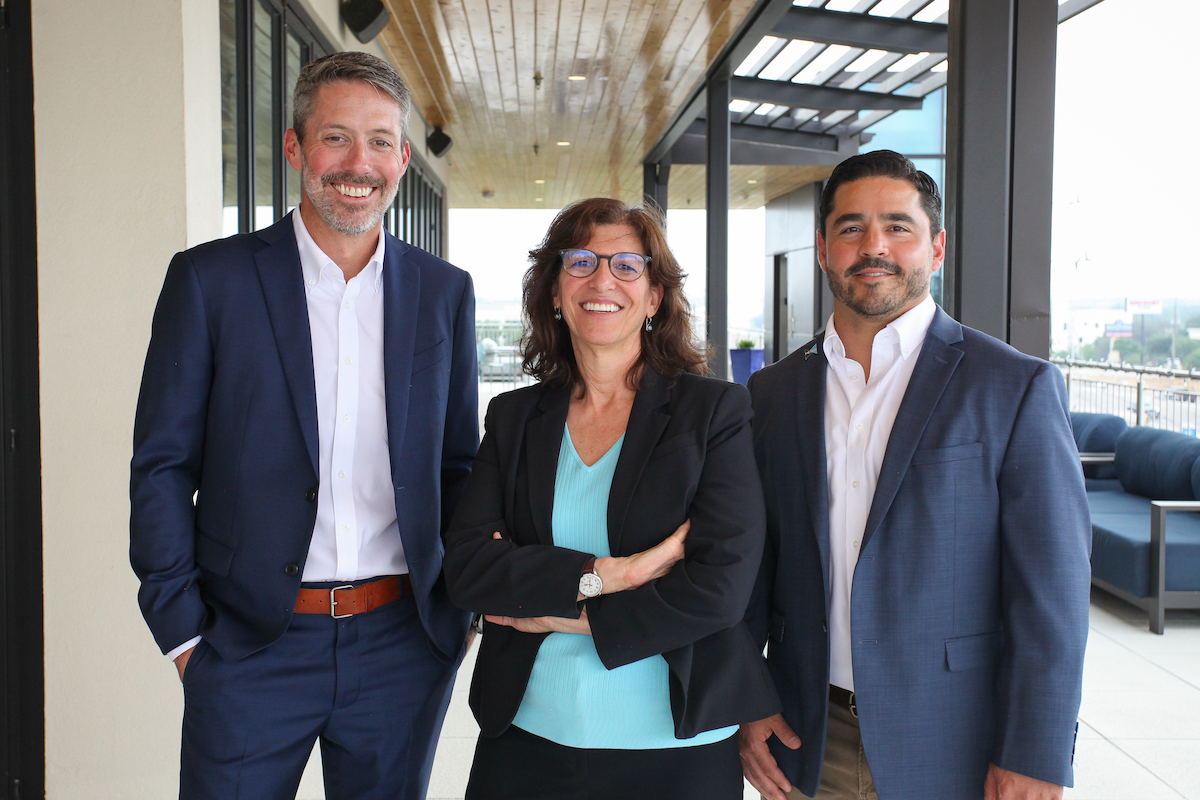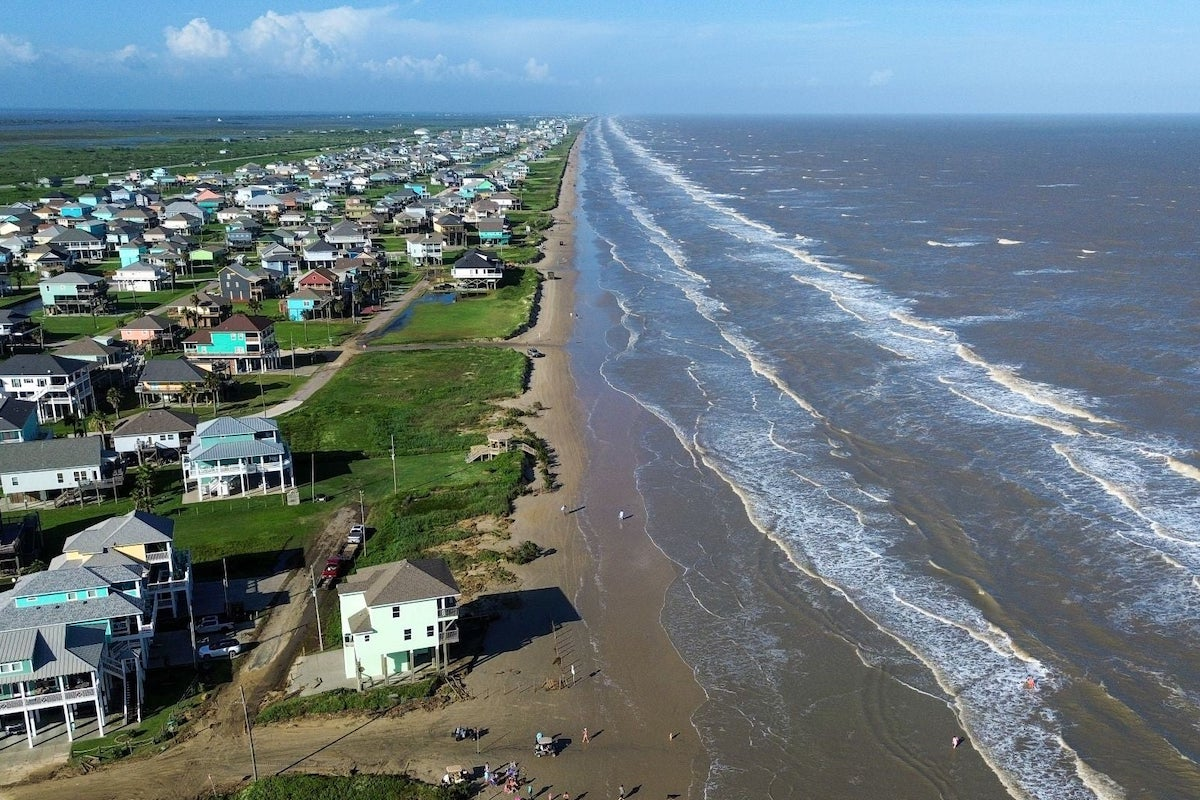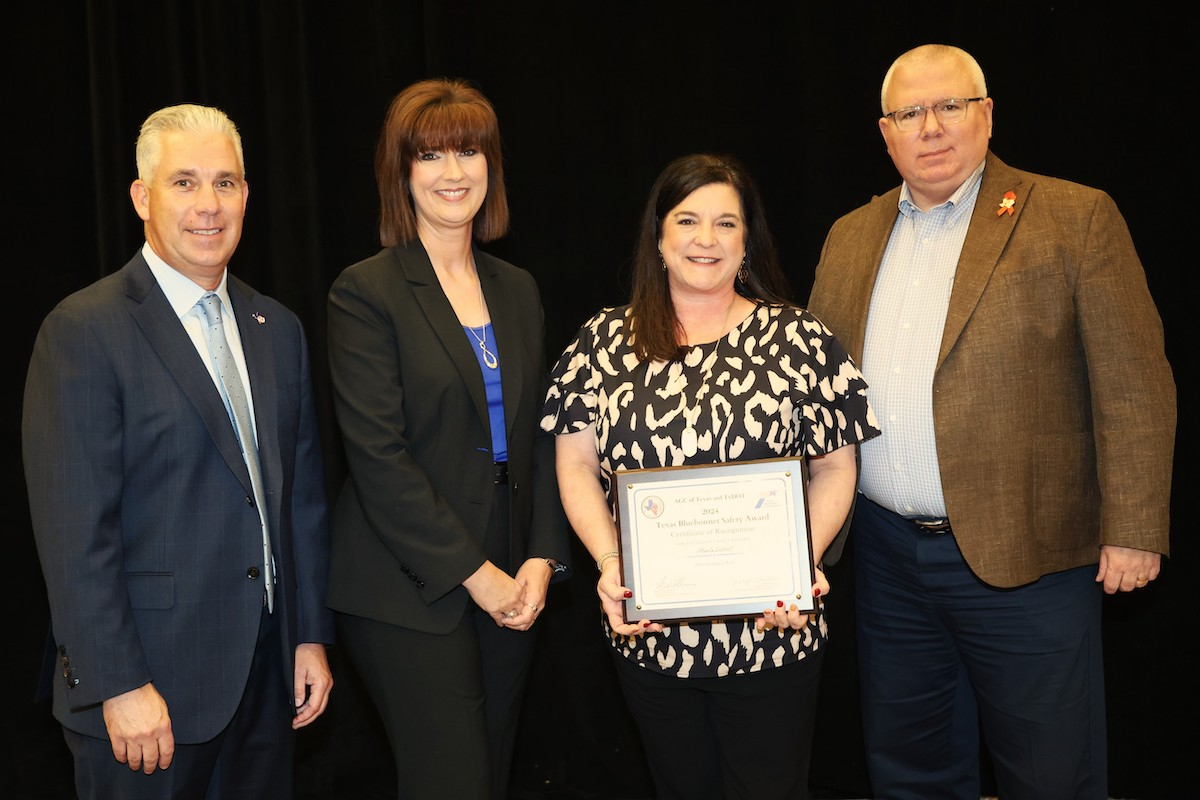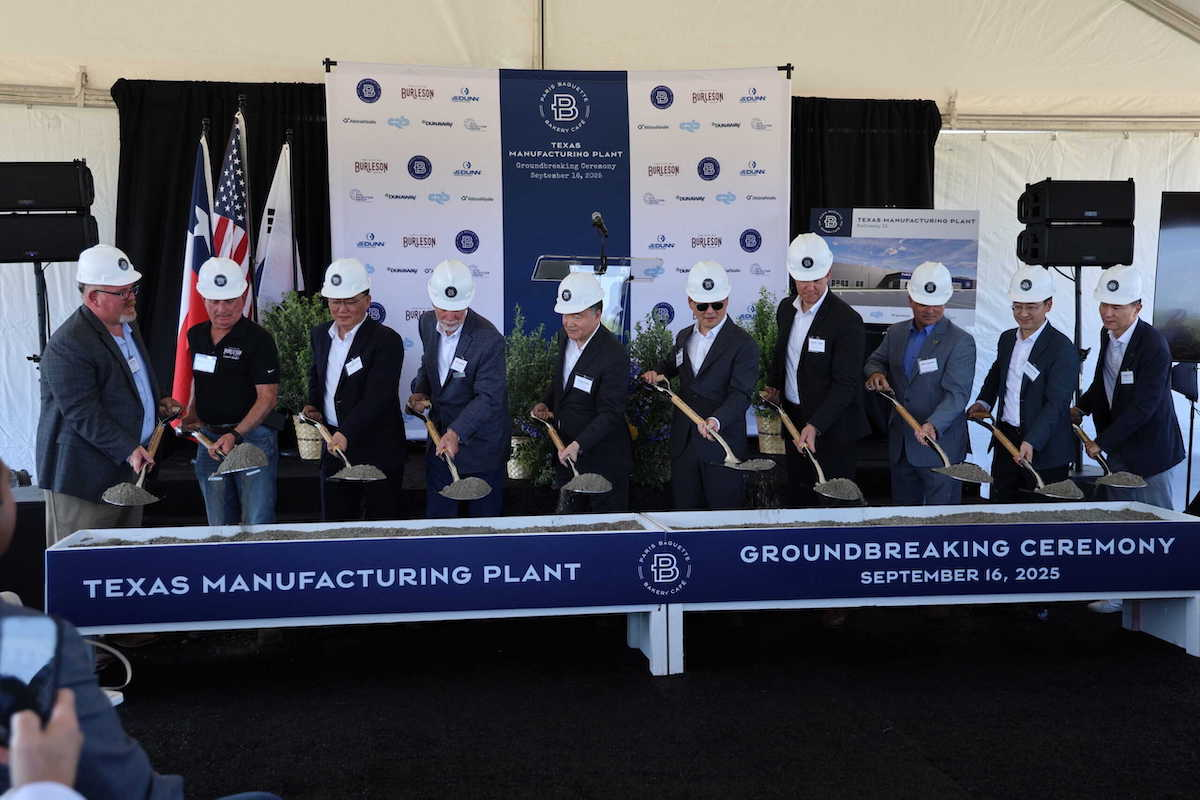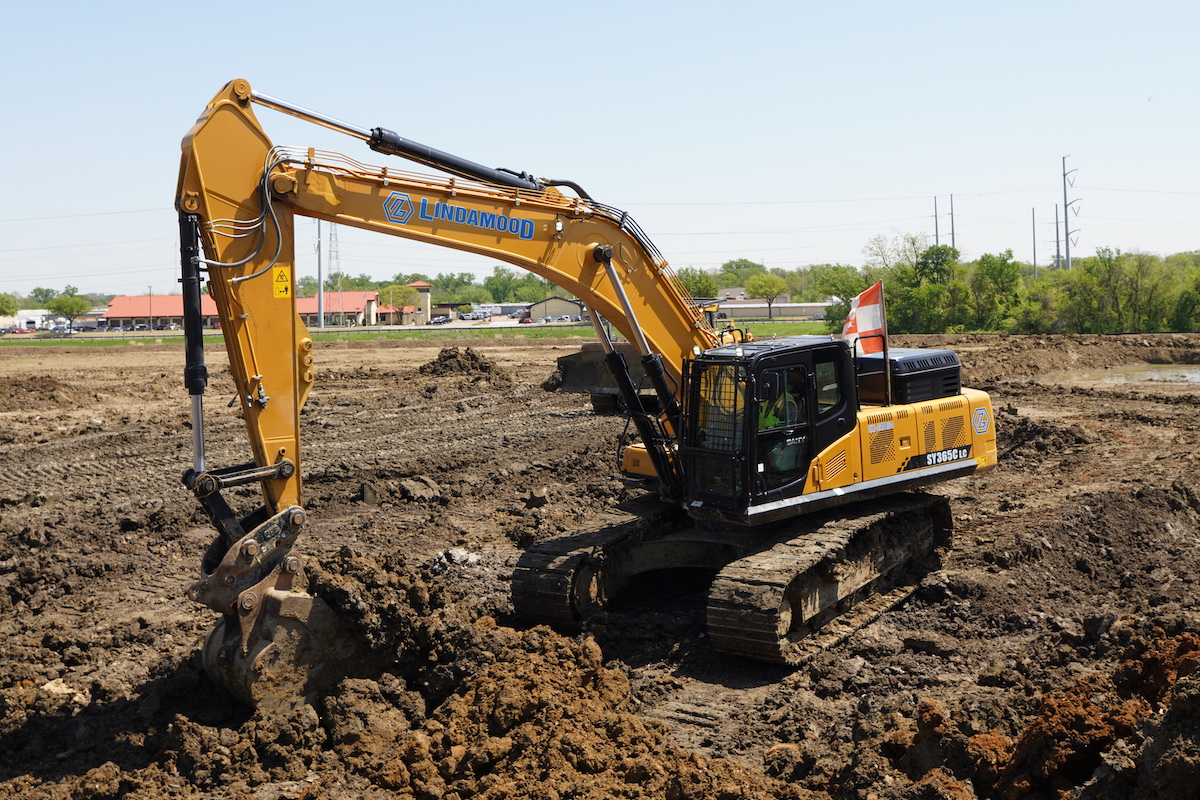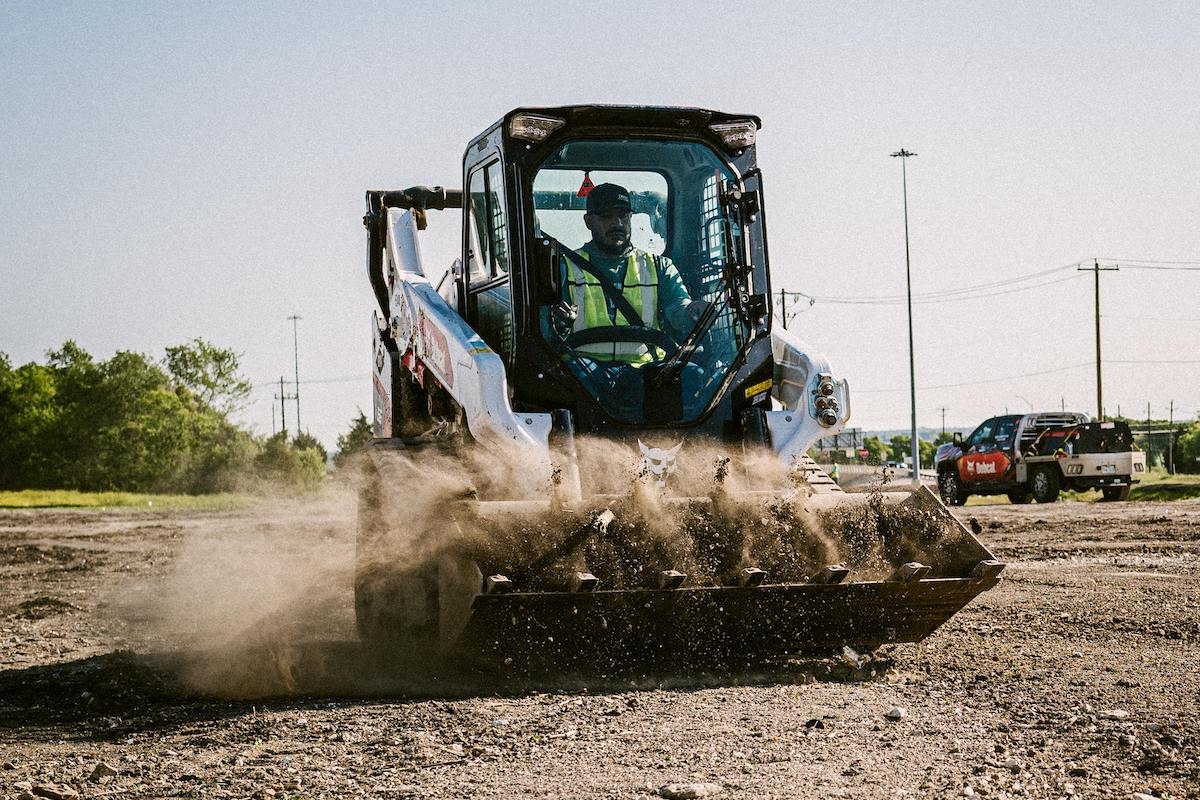“It’s hard to predict what will happen next, but the industry has seen downturns before, so they’re no stranger to bouncing back stronger than ever,” said Commissioner Wayne Christian of the Railroad Commission of Texas (RRC), the state agency that regulates the oil and gas industry.
In the meantime, Christian and the RRC continue to address the industry’s biggest challenges, including ways to reduce flaring without causing hardships for the state’s oil and gas companies.
Headquartered in Austin, Texas, the RRC’s responsibilities include oversight of gas utilities, pipeline safety, safety in the liquefied petroleum gas industry, and surface coal and uranium mining. Despite its name, the agency no longer regulates railroads.
Christian was elected to a six-year term as RRC’s 50th Commissioner in 2016. Governor Greg Abbott also appointed him as the state’s official representative to the Interstate Oil and Gas Compact Commission, one of the nation’s oldest and largest interstate compacts working to resolve common issues.

| Your local Trimble dealer |
|---|
| WPI |
Previously, voters in Deep East Texas elected Christian to seven terms in the state House of Representatives, where he served as Vice Chair of Regulated Industries and as a multi-term member of the Energy Resource Committee, with direct oversight of the RRC.
“I chose to run for Railroad Commissioner because I wanted to continue giving back to the state that I love,” Christian said. “I love public service.”
Born and raised in Tenaha, Texas, Christian graduated high school as valedictorian, then in 1973 earned a bachelor’s degree in General Business from Stephen F. Austin State University in Nacogdoches, Texas. From 1979 to 1985, he performed with his country/gospel band, the Mercy River Boys. The band was a finalist for a Grammy Award in 1979.
Eventually, “Life gets busy, families start growing, and life on the road just isn’t possible anymore,” he said.
In his interview with Texas Contractor, Christian shares the lessons he learned throughout his career, the pandemic’s impact on the oil and gas industry, and priorities for the RRC moving forward.

| Your local Liebherr Construction Eq dealer |
|---|
| Nueces Power Equipment |
In June, the RRC heard from the state’s oil and gas trade associations, environmental advocacy groups, and several oil and gas producers about how Texas can implement meaningful reforms to reduce flaring before oil and gas activity returns to previous highs. Our staff took that information and is working on a plan of action.

















